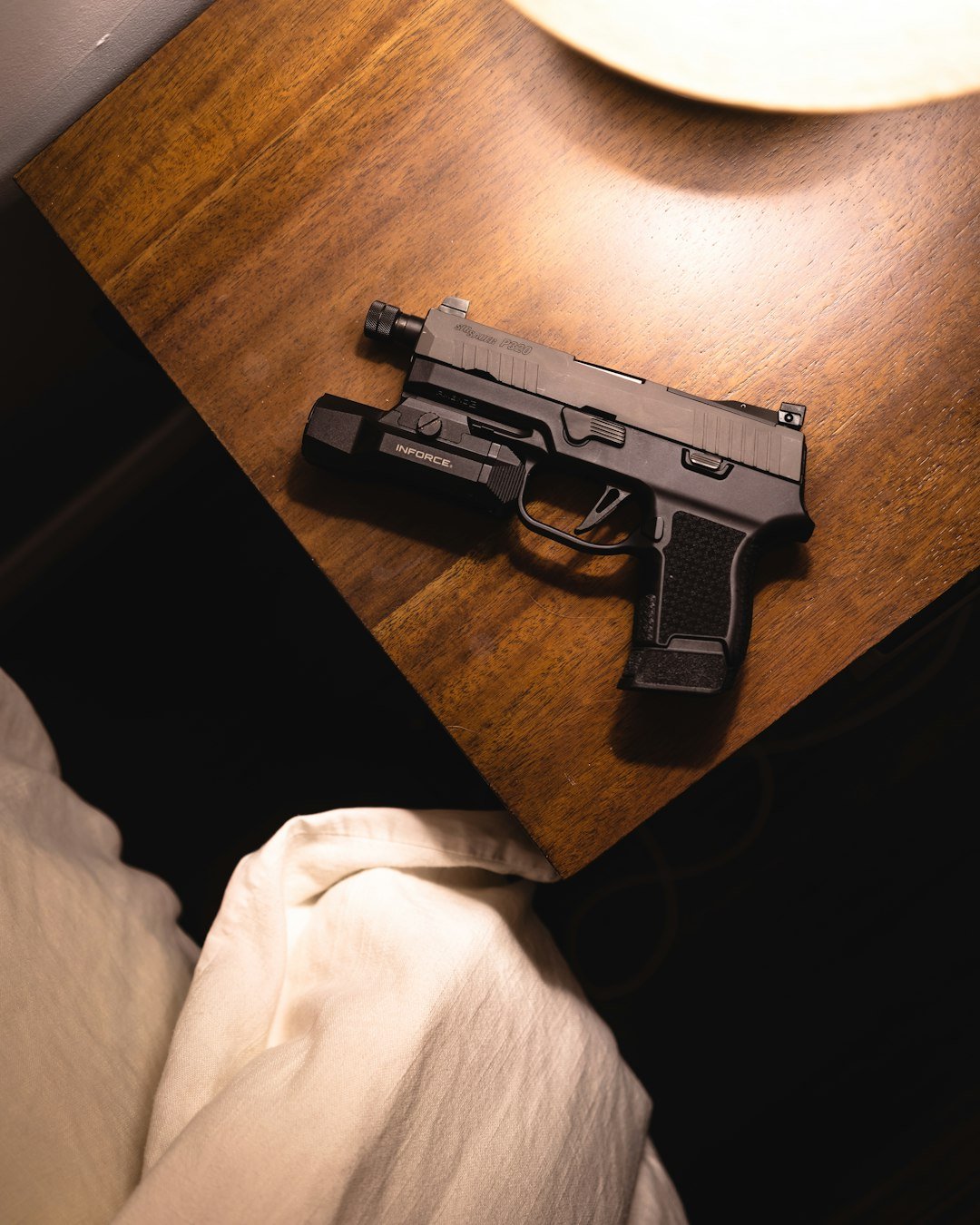
An intense and often unfounded fear of an object or situation defines a phobia, and it’s possible your unease with firearms qualifies as one. This discomfort might stem from limited knowledge about guns, shaped largely by dramatic portrayals in films or media reports of violent incidents. Alternatively, personal experiences could have subtly molded your viewpoint, leading to the belief that firearms are inherently dangerous and malevolent, only intensifying your anxiety in their presence.
Regardless of the underlying causes, the encouraging reality is that such fears can be addressed effectively. If you’ve chosen to explore firearm handling, consider these practical strategies to gradually alleviate your apprehension. Background research indicates that phobias like this affect a significant portion of the population, with studies from the American Psychological Association showing that exposure-based techniques can lead to substantial improvement in about 80% of cases.
1. Engage with Experienced Firearm Users in Your Circle
Fear has a way of isolating us, making our concerns seem singular and overwhelming. However, by initiating discussions with individuals who own guns, you’ll uncover that this unease is a shared experience among many. Data from firearms training programs reveal that the majority of proficient users once harbored similar hesitations. These conversations can provide comfort and motivation, illustrating that overcoming such fears is not only possible but common, as evidenced by success stories from community-based safety workshops.
2. Select an Appropriate Mentor for Your Journey
A skilled instructor can be a powerful ally in conquering your fear of guns. Begin by researching local shooting range educators, gathering recommendations from trusted sources like family, friends, or coworkers. Probe into why certain instructors stand out—perhaps their patient demeanor or comprehensive approach aligns with your needs. Once you’ve shortlisted a couple of options, attend a session at a venue like the Bellevue Gun Club as an observer to gauge their teaching style firsthand. This step ensures their methods resonate with you, drawing from educational principles that emphasize personalized learning for better outcomes.
3. Opt for Personalized Training Sessions
The environment of a firing range can feel intimidating, especially when others appear at ease with weapons, potentially heightening your discomfort. To mitigate this, arrange for individual one-on-one lessons, allowing you to address questions openly and progress at a comfortable speed. Start with these private sessions to master fundamental skills such as aim and safety protocols. According to training experts, beginners often benefit from this format, with reports indicating higher confidence levels after initial isolated practice. Later, you can transition to group classes if desired, weighing the extra cost against the tailored attention provided.
4. Enlist a Supportive Companion
If you’re new to firearms and ranges, the setting might initially seem unfamiliar and daunting. Having a close ally, such as a friend, sibling, or parent, by your side can ease tensions and foster a sense of security. This person should offer encouragement, share laughs over mishaps, and provide non-judgmental guidance without adding pressure. Psychological insights suggest that social support enhances learning in anxiety-inducing scenarios, helping to build resilience through positive reinforcement during early exposures.
5. Begin with Low-Intensity Practice Methods
You can build familiarity with guns through safer, non-lethal exercises before actual firing. For instance, employing a laser grip on an unloaded firearm allows you to refine your aiming technique by simulating shots and checking accuracy. Dry firing exercises, which involve practicing the trigger action without ammunition, help acclimate you to the mechanics while eliminating the stress of live rounds. These approaches create a controlled, low-stakes atmosphere that develops essential muscle memory and reduces intimidation, as supported by training guidelines from organizations like the National Rifle Association, which recommend gradual progression for nervous beginners.
Implementing these approaches will likely reveal that many of your concerns about firearms are based on misconceptions and can be resolved with proper education. If you’re considering owning a gun, options like an 80% lower receiver offer a customizable path forward, ensuring you make informed choices along the way.
